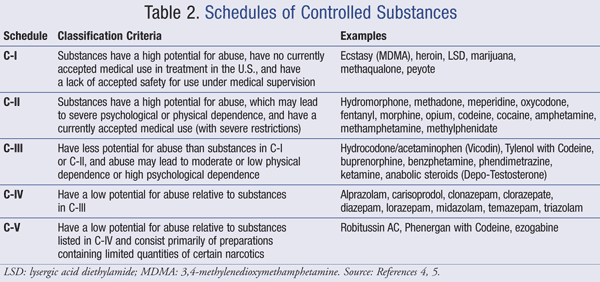For Phyllis Young: Compare and Contrast Theories of Counseling
Compare and Contrast Theories of Counseling
There are many theories behind the different counseling modalities. Some counselors will adhere to one specific theory, focusing treatment types to the tenets of that theory. Other counselors will adopt a more eclectic counseling foundation, drawing key ideas from multiple theories and combining many treatment types to suit their clients.
For this assignment, create a chart that outlines the following counseling theories: behavior theory, psychoanalytic theory, cognitive-behavioral theory, and person centered theory. For each theory, cover the following aspects:
Goals of therapy Types of treatment Theoretical explanation of where substance use or abuse stems from Characteristics of the client that would be the best fit for this theory
Download a copy of the chart template which you can use to create your chart.
Once your chart is complete, address the following questions:
Describe the similarities and differences between the different therapeutic theories. According to you, which approach or combination of approaches best fits you as a future counselor?
Write a 4–5-page paper (including the chart) in Word format. Apply APA standards to citation of sources
Four Counseling Theories
Goals of Therapy
Types of Treatment
Origins of Substance Abuse
Client Characteristics for Best Fit
Behavior Theory
Psychoanalytic Theory
Cognitive-Behavioral Theory
Person Centered Theory
“Looking for a Similar Assignment? Order now and Get 10% Discount! Use Code “Newclient”
The post For Phyllis Young: Compare and Contrast Theories of Counseling appeared first on Psychology Homework.




